(CPV) - English becoming the second language in schools is simply understood as both students and teachers communicate in English. The knowledge imparted in schools is through the English language. This is a major policy and requires a step-by-step implementation roadmap. The implementation process will certainly face many challenges and the biggest difficulty is the need to prepare a team of teachers and lecturers who meet the requirements. This is also the task set for schools in the current context.
On the other hand, making English the second language in schools will face many difficulties, especially in remote areas - where learning and working conditions are still lacking. Making English the second language in schools is not only the responsibility of the education sector but also requires the participation of the entire political system from the central to local levels. This is also the content of our continued discussion with the guests:
 |
| Scene of the exchange. |
- Prof. Dr. Nguyen Dinh Duc, Chairman of the Board of the University of Technology - Vietnam National University , Hanoi ;
- Ms. Luu Tu Oanh - English teacher at Trung Vuong Secondary School, Hanoi;
- Hoang Duc is an English lecturer in Hanoi.
Reporter (PV): We would like to ask young lecturer Hoang Duc what solutions do we need to maintain interest and passion in learning English voluntarily from the learners themselves?
Lecturer Hoang Duc : Actually, when it comes to motivation, I think there are two sources. Of course, the most ideal is that motivation comes from the students themselves. For example, to serve an entertainment purpose or a learning purpose. However, this is said in an ideal way, while there are students who will not be passionate about English and will need motivation from outside. People will be pressured by the need to have good enough English skills to take an exam. That will be the way for us to increase motivation from outside.
As for internal motivation, it can be applied in the same way that Trung Vuong Secondary School did when adding the Cambridge program. You have interest, a playground, and an environment to develop your language skills. That will be the way for you to increase your motivation and desire to learn English.
PV: Along with that, it is also very important for students to understand the value of language in life, as well as the opportunity to develop themselves in the current era of integration . What are your additional comments, Master Tu Oa ?
Ms. Tu Oanh: For me, the role of motivating students will come mostly from teachers. First of all, when coming to me, students must have some knowledge and culture when they use language as a tool. That is why many parents and students often joke that Ms. Oanh teaches science , not English. Because I often use examples such as volcano science or the recent Yagi storm to give students speaking lessons, then articles about Yagi storm, about the difficulties they encountered in Hanoi during the storm...
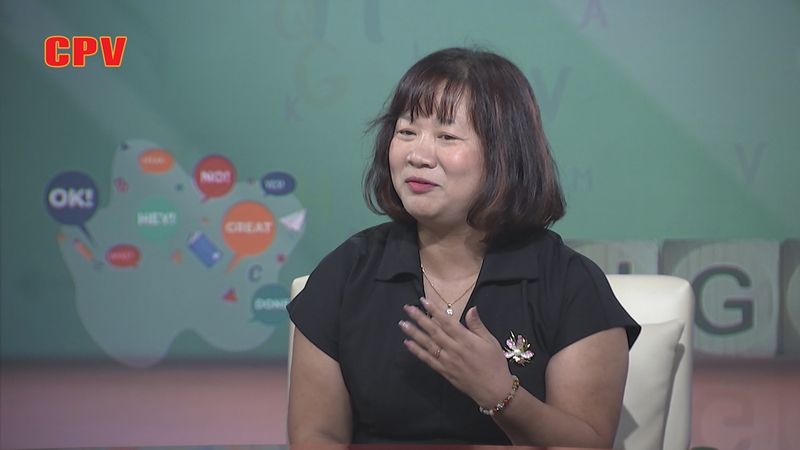 |
| Ms. Tu Oanh: For me, the role of creating more motivation for students will come mostly from teachers. |
When you have great motivation, great passion for language and for the phenomena happening around you and you can pass that passion on to your children, then surely the children will follow your enthusiasm. For me, one of the great influences that motivates students and creates passion for them is a teacher who inspires them.
I always try to see language as a learning to use it. I see it as a tool to help children become more passionate about knowledge, culture and social phenomena to help them get closer to using language in real life.
PV: Does Professor Nguyen Dinh Duc have anything else to add?
Prof. Dr. Nguyen Dinh Duc : Currently, even in the university environment, if you know English, it is very easy for you to get a scholarship and many businesses come to look for you. Even in the country, if you know English, your salary will be one and a half times or twice as high and you will work in a very good environment. Especially, many foreign companies come to recruit Vietnamese people. Currently, I think that you are all aware of it, but not much action has been taken. Because personally, I see that in some universities, the graduation rate is only about 35-40%, mainly because of debt in English subjects...
I really hope to have parents in this process, because this is very important. In the city area, parents support and accompany a lot, but there are many very good children in remote areas who do not have the support of their families. Through this, I really hope to give my children wings. Foreign languages have become an indispensable asset. Besides the pressure of society, pressure from the school, improving the quality of the teaching staff, innovating the program and the efforts of the children themselves as well as creating motivation from other environments, pressure from parents is also very important. I really hope that parents pay attention to how to support their children to have a good foreign language asset.
Reporter: Professor, Dr. Nguyen Dinh Duc, building and developing a team of Vietnamese teachers who are qualified to teach their subjects in English, both in terms of language skills and teaching methods, is considered an important factor to ensure the effective implementation of Resolution 29 on fundamental and comprehensive education reform. How do you analyze this content?
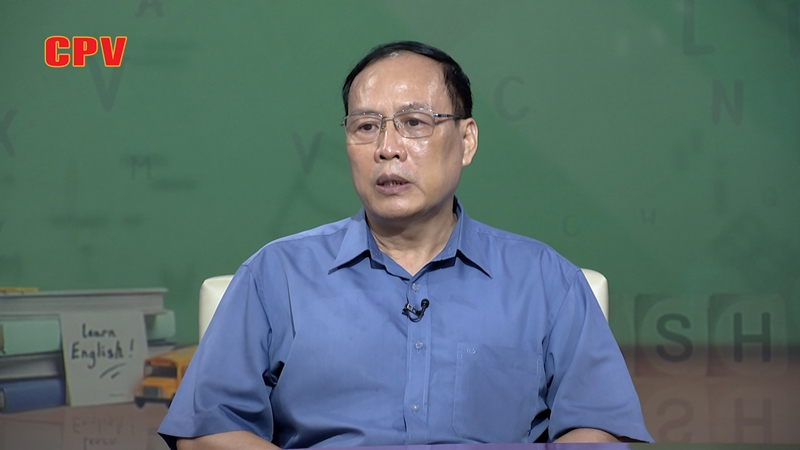 |
| Prof. Dr. Nguyen Dinh Duc: Besides the pressure from society, the pressure from the school, improving the quality of the teaching staff, innovating the program and the efforts of the students themselves as well as creating motivation from other environments, the pressure from parents is also very important. |
Prof. Dr. Nguyen Dinh Duc : I think that training a team of English teachers to meet teaching requirements is vital and a key task. If we cannot train a team of English teachers with full professional qualifications, teaching methods and enthusiasm, we cannot succeed. In fact, from the lessons of many countries, such as Singapore, the first thing they care about is the team of English teachers. How can we train a team of English teachers? I think that, in addition to a degree in the university training program, we must create conditions for English teachers to have time to interact with native speakers. This is a very important and prerequisite condition. If we cannot do this, it will certainly be difficult for our career to succeed. Because a teacher, although standing in class, achieving 6.5 IELTS is only the minimum condition. There are also all the cultural and identity requirements that cannot be met without being in the host country.
The second problem is that English teachers are one thing, but what about specialized English teachers? In the past, in addition to being able to go abroad, foreign language teachers always had 1-2 months during the summer to improve their skills and update their specialized English knowledge, and we have long since abandoned this.
In fact, many universities today only meet the English output standard of IELTS, but we have forgotten about specialized English. This is a condition that must be strengthened, extremely important, if we do not do this, we will not be able to meet the post-graduate level.
Third, we must support the physical facilities so that teachers can meet teaching requirements. For example, class organization. No matter how good or talented a teacher is, if a class of 40 students has not said a single sentence before class time is up, it is impossible to demonstrate the teacher's communication skills with students. In addition to the curriculum and physical facilities, we must also pay attention to implementing the remuneration policy. Because English teachers are different from other teachers and in fact, other countries are the same. English teachers work very hard, having to communicate with each individual. We must have an appropriate regime.
Besides, I think that creating an international environment, bilingual programs for all teachers to have an environment to express themselves and have competitions… is also a good opportunity for teachers. I hope we will create conditions for foreign teachers to come, not to teach students but foreign teachers to come to teach and train the teaching staff of Vietnam.
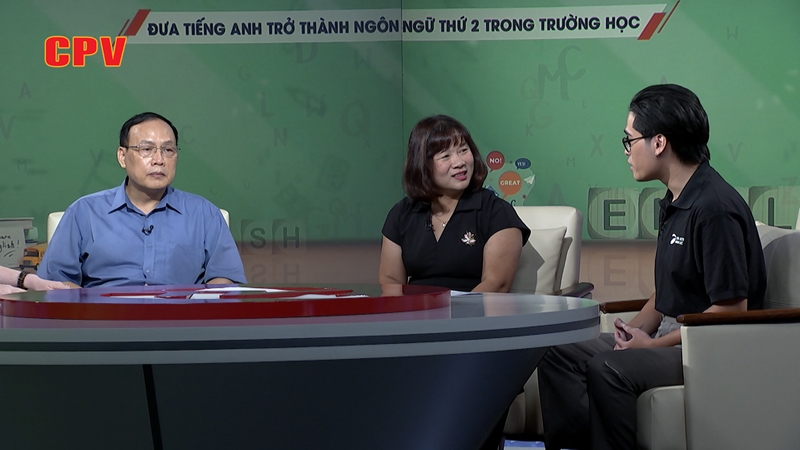 |
| Ms. Tu Oanh: I firmly believe that we can make English a second language in schools if we change our perspective. |
PV: We have determined that making English the second language in schools is a major policy and needs a step-by-step implementation roadmap. What is your assessment of this issue, Master Luu Tu Oanh?
Ms. Tu Oanh: We have a very difficult assessment story right now, because we have many textbooks and we have a curriculum framework. But we are still approaching it in the old way, which textbook are we going to teach? We need to change the perspective of using textbooks, we have to stick to the curriculum framework.
This is also one of the approaches that teachers and those who will do the assessment have to change. We will not rely on any set of books but will use the program framework to assess students' abilities. And that will also be a difficulty.
When using the competency framework for assessment, schools will be confused and worried because they do not know which textbook to use to review for their children. We will have to gradually get used to a different approach and assessment method. That is, using the assessment framework instead of using textbooks to assess our children. I am sure that we can do it if we change our perspective.
PV: As for Lecturer Hoang Duc, how do you evaluate the difficulties in implementing teaching all subjects in school in English?
Lecturer Hoang Duc : There will be challenges in ensuring the quality of teachers equally. Especially in subjects taught by teachers who are not directly responsible for English. Very high language proficiency is required to be able to convey specialized knowledge, for example, geography, history or even subjects like math...
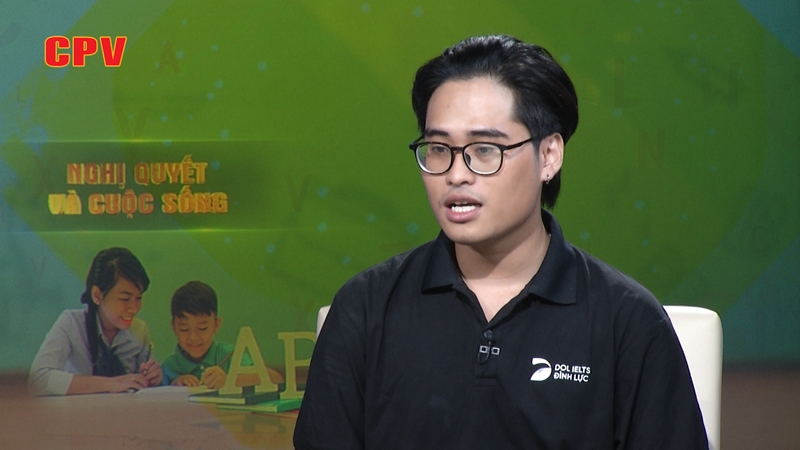 |
| Lecturer Hoang Duc: There will be challenges in ensuring consistent teacher quality. |
Also, if we switch to teaching other subjects in English, I think we will initially encounter resistance from parents and students. The reason is because it is not only about what set of books we use, but we are also assessing your test according to criteria without assessing your language ability comprehensively. It focuses too much on grammar and vocabulary instead of language abilities such as listening, speaking, reading, and writing.
Prof. Dr. Nguyen Dinh Duc : If we say so, we find learning a foreign language seems too difficult. But we also have to be a little optimistic. Because our generation did not learn English, and when we went to study abroad, we learned Russian, Hungarian, Polish, and German. It can be said that if we had 10 years of general education, we would only learn Russian. We did not learn Polish or German. Yet, with only 1 year of study, we studied day and night, studied in the computer lab, and we still did well when we went abroad to study.
Saying that, if we are determined, if we have pressure and if the learners have a direction, I think all the difficulties will be shortened a lot. That is a reality that has been experienced. Hopefully, if through this, we have motivation from parents, from the awareness, the self-awareness of the students, have a determination, have a will, then I think all those conditions will be shortened very quickly and will create a very big change.
Hopefully, in the near future, the young generation of Vietnam will be really good at English like Singapore, Malaysia and other countries. This will really be a great motivation and opportunity for young people in the future. And that is my personal message to all young people.
PV: After 10 years of implementing Resolution 29 of the Party, promoting internationalization in universities has reached a new level. Based on international experiences, what does Prof. Dr. Nguyen Dinh Duc propose and recommend so that Resolution 29 and Conclusion No. 91-KL/TW dated August 12, 2024 of the Politburo can continue to implement Resolution 29-NQ/TW, and can be effectively implemented in practice?
Prof. Dr. Nguyen Dinh Duc : The first issue is that we must innovate the teaching of English in the Vietnamese higher education system. The second issue is the determination and pressure from the Government. And the third issue is to create an English-speaking culture throughout Vietnamese society.
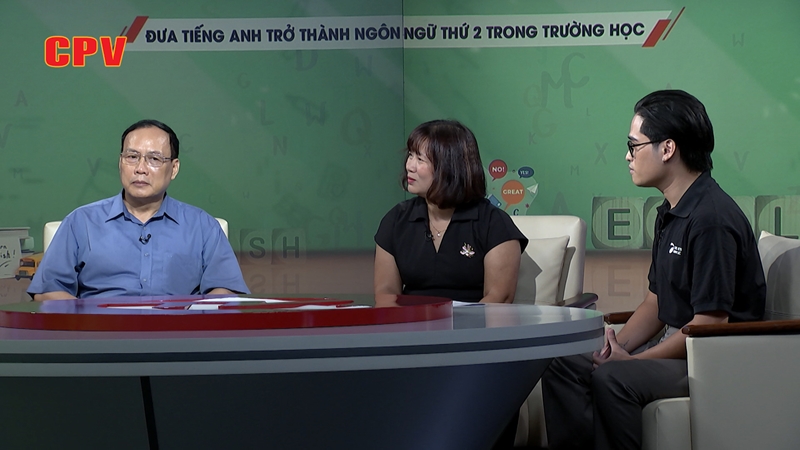 |
| Prof. Dr. Nguyen Dinh Duc: If we are determined, if we have pressure and if learners have a direction, I think all difficulties will be shortened a lot. |
Everyone recognizes that English is a necessary weapon. The first thing I propose is that we must immediately train English early, right from primary school like all other countries.
Second, bilingual education should be implemented in schools and done step by step. If it cannot be implemented in all subjects immediately, then step by step the easier subjects first, with less English, such as Maths, Physics, and then the subjects that require essay writing to have such a step-by-step ladder.
Third, we must change the output standards for the current training program. I propose that the English output standard for high school level must be ILETS 6.5, not 3.0, 4.0 as Circular 32 allows us to apply by 2025.
To do that, we must renew the program, renew the textbooks once again. Besides, we must invest to build the most qualified English teaching team. I think this is the most expensive career that requires a long term. But if we do not train fundamentally, we will never succeed.
Fourth, I think we have to reorganize the facilities and organization of English teaching.
With all of these things, I really hope that through this forum, as an educator, passionate about the education career, I can send my thoughts, contributing to quickly making English a second language....
PV: Thank you very much for your invitation!
Source: https://dangcongsan.vn/tieu-diem/dua-tieng-anh-thanh-ngon-ngu-thu-2-trach-nhiem-khong-chi-cua-nganh-giao-duc-686349.html


![[Photo] President Luong Cuong receives Speaker of the Korean National Assembly Woo Won Shik](/_next/image?url=https%3A%2F%2Fvphoto.vietnam.vn%2Fthumb%2F1200x675%2Fvietnam%2Fresource%2FIMAGE%2F2025%2F11%2F21%2F1763720046458_ndo_br_1-jpg.webp&w=3840&q=75)
![[Photo] Visit Hung Yen to admire the "wooden masterpiece" pagoda in the heart of the Northern Delta](/_next/image?url=https%3A%2F%2Fvphoto.vietnam.vn%2Fthumb%2F1200x675%2Fvietnam%2Fresource%2FIMAGE%2F2025%2F11%2F21%2F1763716446000_a1-bnd-8471-1769-jpg.webp&w=3840&q=75)
![[Photo] General Secretary To Lam receives President of the Senate of the Czech Republic Milos Vystrcil](/_next/image?url=https%3A%2F%2Fvphoto.vietnam.vn%2Fthumb%2F1200x675%2Fvietnam%2Fresource%2FIMAGE%2F2025%2F11%2F21%2F1763723946294_ndo_br_1-8401-jpg.webp&w=3840&q=75)
![[Photo] National Assembly Chairman Tran Thanh Man holds talks with President of the Senate of the Czech Republic Milos Vystrcil](/_next/image?url=https%3A%2F%2Fvphoto.vietnam.vn%2Fthumb%2F1200x675%2Fvietnam%2Fresource%2FIMAGE%2F2025%2F11%2F21%2F1763715853195_ndo_br_bnd-6440-jpg.webp&w=3840&q=75)




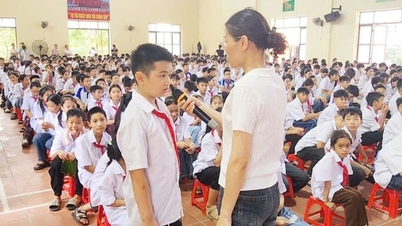





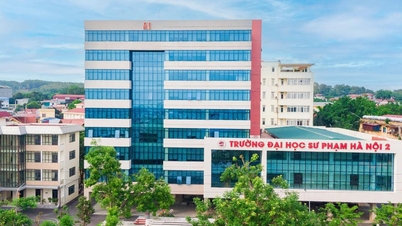







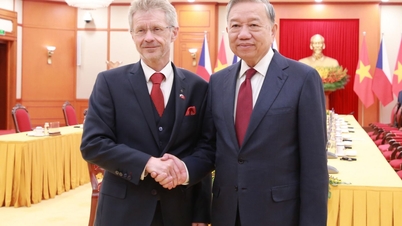
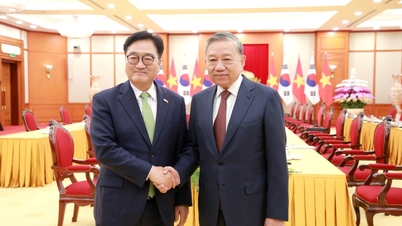

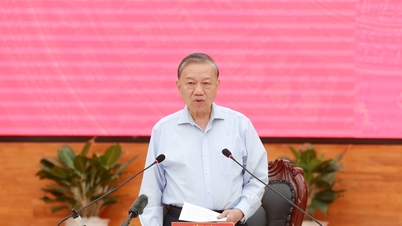
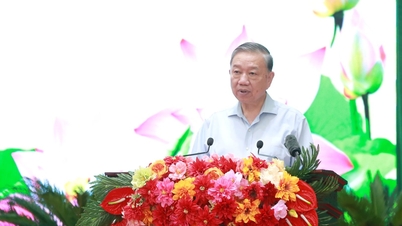




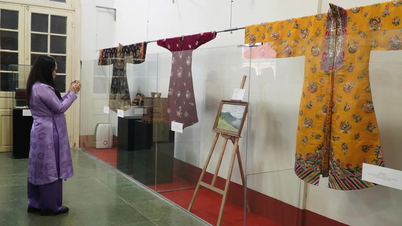



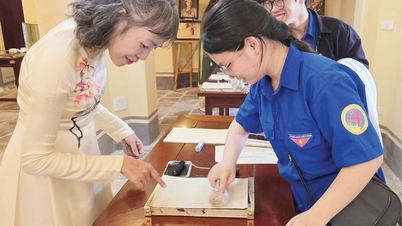







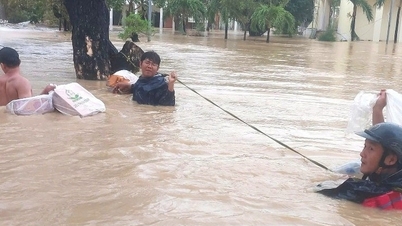

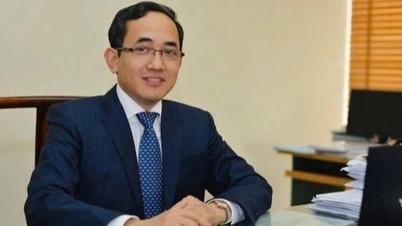












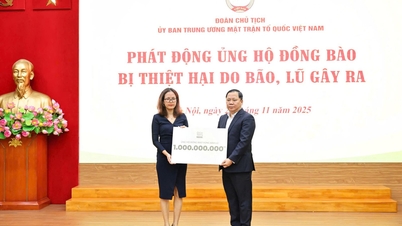









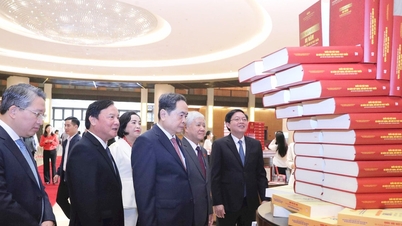

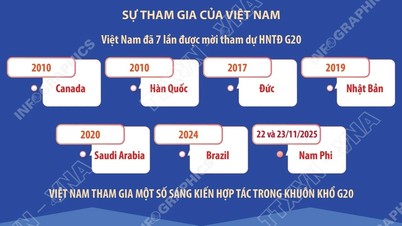













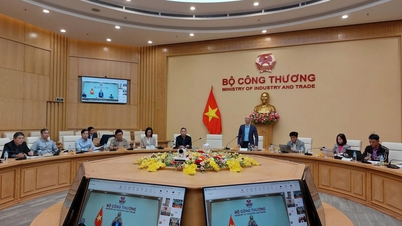


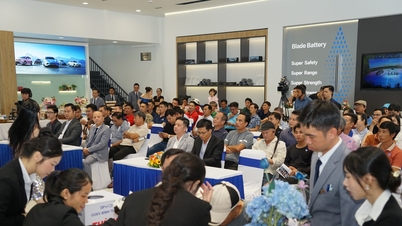





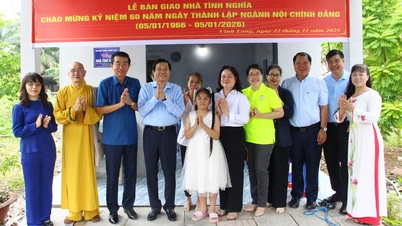












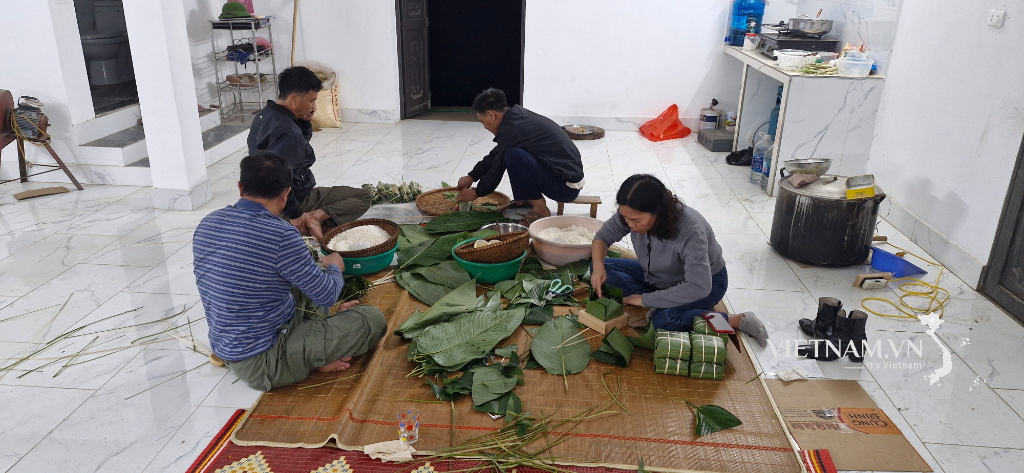


Comment (0)